New Canadian Bill Aims to End Captivity for Elephants and Great Apes
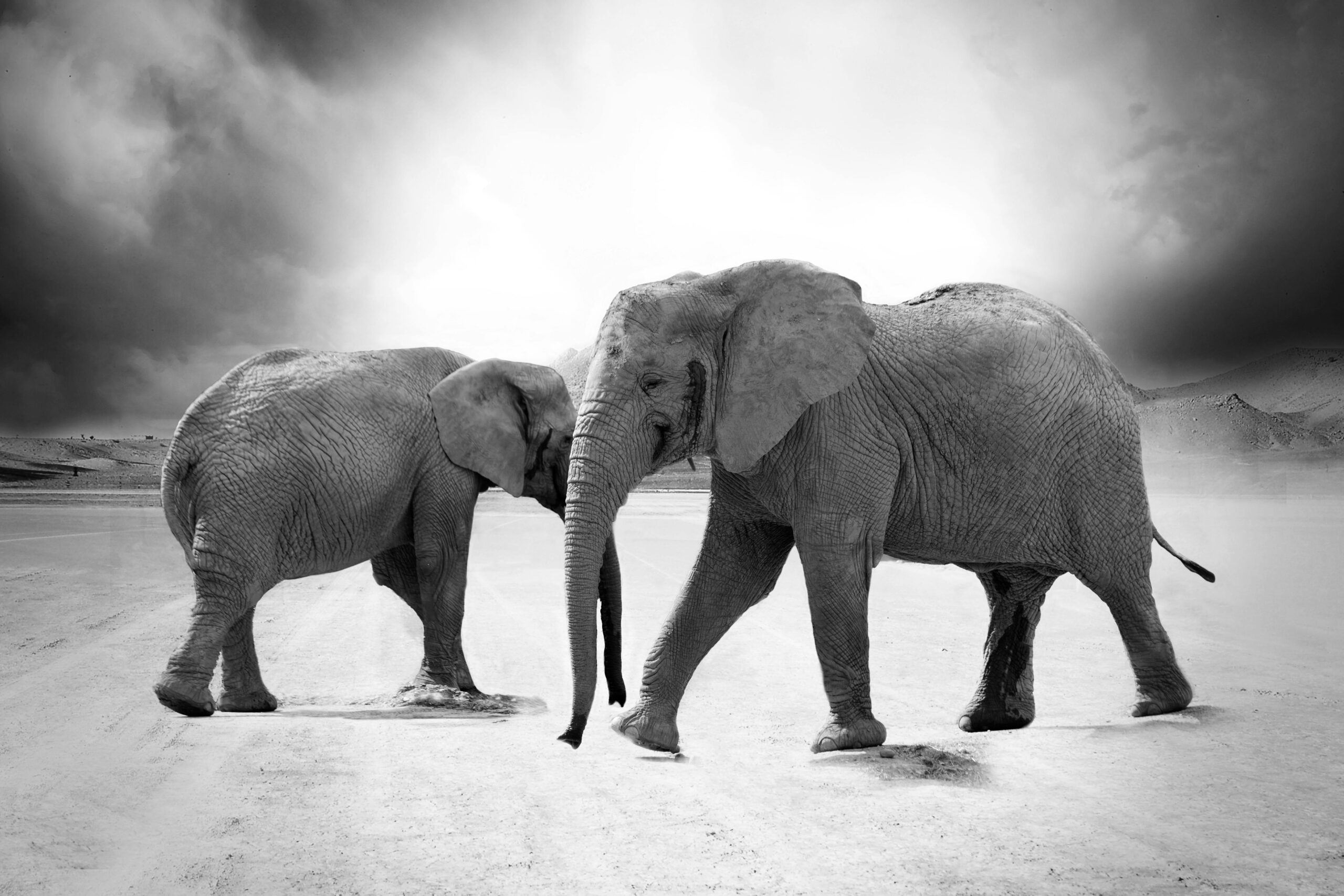
For years, Canadians have watched elephants sway listlessly in concrete enclosures and great apes peer through glass walls with a haunting, human-like awareness. These scenes have long stirred debate about whether intelligent, emotional animals should ever live behind bars for entertainment. Now, that question has reached the floor of Parliament. With the introduction of Bill S-15, Canada has taken a decisive step toward redefining how a nation values empathy, science, and coexistence with its most sentient non-human relatives.
The bill, tabled by Senator Marty Klyne, aims to phase out the captivity of elephants and great apes across Canada, marking one of the most significant moments in global animal welfare policy. If passed into law, it would end the acquisition, breeding, and use of these species in entertainment, while granting exemptions only for genuine conservation efforts or animal rescues. In a country that has already banned the confinement of whales and dolphins, this new legislation builds on a growing recognition that compassion should guide lawmaking as much as economics or tradition. Yet the conversation it sparks is not only about animals, but about the kind of society Canada wishes to become one where empathy and evidence finally outweigh spectacle.
A Defining Step in Canada’s Animal Welfare Journey
Bill S-15 did not appear in a vacuum. It follows the 2019 “Free Willy” bill, which outlawed the captivity of whales and dolphins, and aligns with the Liberal government’s 2021 campaign promise to expand protections for wild animals. The legislation seeks to prohibit breeding, acquisition, and performances involving elephants and great apes, while allowing existing captives to remain under current care. This nuanced approach acknowledges both the animals’ welfare and the practical realities of transition for institutions currently housing them.
According to the bill’s sponsor, Senator Marty Klyne, elephants and apes are not mere curiosities but complex, emotional beings. In his second reading speech, Klyne described them as “self-aware, highly intelligent, emotional and social.
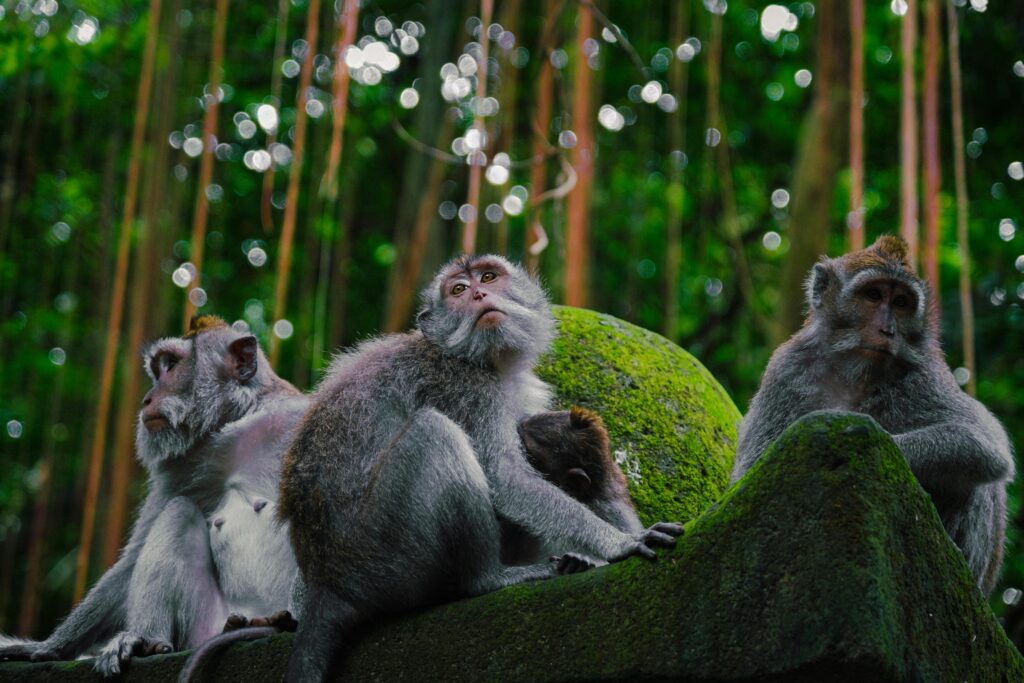
They love their friends and families, mourn their dead, and use tools.” These words are more than sentiment they are the distillation of decades of behavioral science showing that elephants and great apes possess cognitive and emotional sophistication once believed to be uniquely human.
The proposed law would make Canada a world leader in legislating compassion. By banning new captivity and performances, it sends a message that the country’s identity is tied not only to its wilderness but to how it treats those who cannot speak for themselves. Yet it also acknowledges the need for balance: captive animals will not be abruptly displaced but will live out their remaining years under improved welfare conditions. Sanctuaries and specialized facilities are expected to play an essential role in this new framework, offering environments that more closely mirror the wild.
The Science of Suffering and Sentience
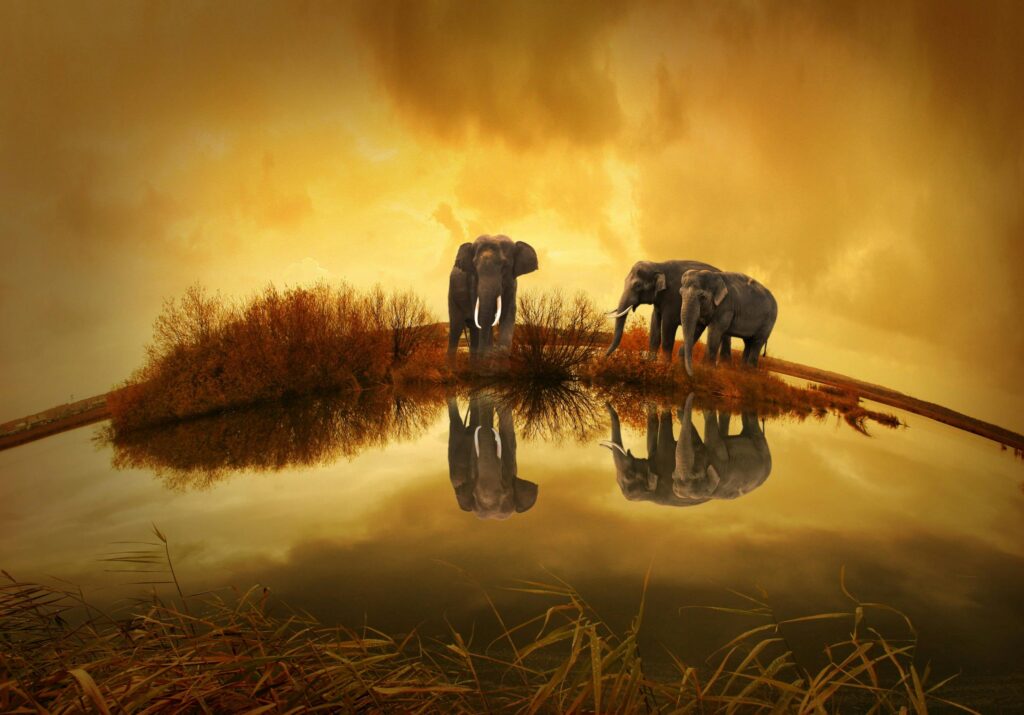
Behind every moral argument in Bill S-15 lies a bedrock of scientific evidence. For decades, studies have shown that captivity fails to meet the physical and psychological needs of large, intelligent animals. Elephants, for instance, are natural roamers, traversing up to fifty kilometers a day in social herds. In zoos, they often stand idle for hours, displaying signs of stress such as repetitive swaying a behavior known as stereotypy. Great apes exhibit similar symptoms: pacing, self-harm, and withdrawal caused by the boredom and frustration of confinement.
Research from the journal Animal Welfare has documented how restricted space and lack of social complexity lead to deteriorating mental health in these species. Apes and elephants share traits of empathy, memory, and problem-solving, meaning they not only suffer physically but experience emotional trauma akin to grief and depression.
BREAKING: @SenateCA just introduced the Jane Goodall Act that would BAN great ape & elephant captivity & performances, outlaw ivory imports & elephant trophies, & give some animals legal standing in court. Thanks @JaneGoodallCAN for backing this groundbreaking animal rights bill! pic.twitter.com/yNC7UP1Cr8
— Animal Justice (@AnimalJustice) November 17, 2020
These findings underpin Senator Klyne’s insistence that science must guide legislation. No evidence suggests that elephants or great apes benefit from captivity; every study points to the opposite.
Climate adds another dimension to their suffering. Canadian winters are harsh and incompatible with tropical and savanna-born animals. For months, elephants are kept indoors, deprived of sunlight and natural movement. Even with climate-controlled facilities, their health deteriorates: arthritis, foot infections, and obesity are common. Great apes, sensitive to social deprivation, develop heart disease and shortened lifespans. The scientific consensus is clear captivity, however well-intentioned, cannot replicate the richness of wild life.
From the Senate to the Streets: Public and Political Response

When the Senate passed Bill S-15, it wasn’t just a procedural step it was a moment of cultural resonance. Public support for animal welfare has surged in recent years, driven by viral exposés from organizations like Animal Justice and Zoocheck. Their investigations into roadside zoos, particularly in Ontario, revealed distressing scenes of animals kept in small, barren cages, pacing in mental anguish. The lack of federal oversight over such facilities has long been a national embarrassment, with Ontario notably having no provincial zoo regulations at all.
For activists, Bill S-15 represents vindication after years of campaigning. Yet even among supporters, there is recognition that the law’s current scope limited to elephants and great apes is only a starting point. Many advocates, including those behind the proposed Jane Goodall Act, argue for a broader “Noah Clause” allowing future governments to extend protections to other species without restarting the legislative process. Big cats, bears, and exotic reptiles remain unprotected under this bill, leaving much work ahead.
Politically, the bill’s passage through the Senate reflects a rare moment of bipartisan cooperation anchored in shared ethics. It embodies an intersection of Indigenous values of respect for nature and Western scientific understanding of animal cognition. Senator Klyne himself has emphasized that compassion and conservation are not opposing forces but complementary ones a philosophy deeply rooted in Indigenous teachings about stewardship and reciprocity. This cultural synthesis gives the bill a moral resonance that transcends party lines.
The Legacy of the Jane Goodall Movement
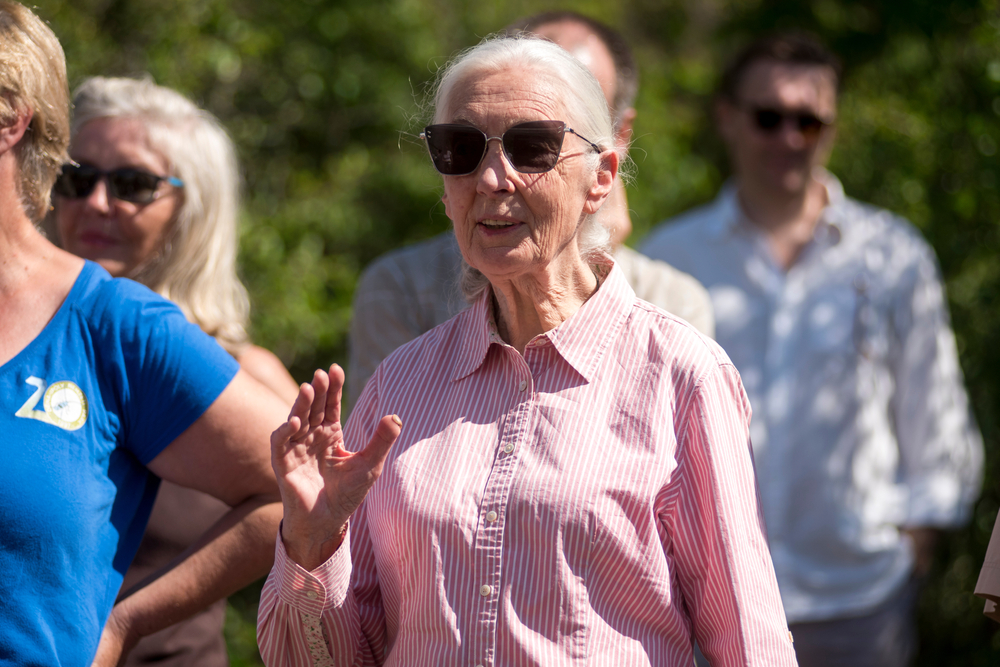
No discussion of Bill S-15 can ignore the influence of Dr. Jane Goodall, whose lifetime of work reshaped humanity’s understanding of primates and empathy. Her advocacy inspired the earlier, more comprehensive Jane Goodall Act (Bill S-241), which sought to extend protection to over 800 species. Although still under debate, its principles flow directly into Bill S-15. Both emphasize that legal systems must evolve alongside scientific knowledge that when we learn more about animal consciousness, our laws must respond in kind.
Goodall’s philosophy also speaks to the spirit of the new bill: that compassion and curiosity must coexist. Protecting elephants and apes is not about rejecting human fascination with them, but about redirecting that fascination toward conservation rather than confinement. Sanctuaries and virtual educational programs now offer ways for people to connect with wildlife ethically, without inflicting suffering. The broader vision is a society where humans admire animals without owning them.
This legislative moment also builds upon a global trend. Nations such as Costa Rica and India have already outlawed certain forms of wildlife captivity and performance. By joining this movement, Canada positions itself as a leader in redefining progress a shift from domination over nature to partnership with it. The legacy of Jane Goodall’s work is evident in that transformation: it asks not for sentimentality, but for humility, recognizing that intelligence and emotion are not humanity’s monopoly.
A Future Beyond Captivity
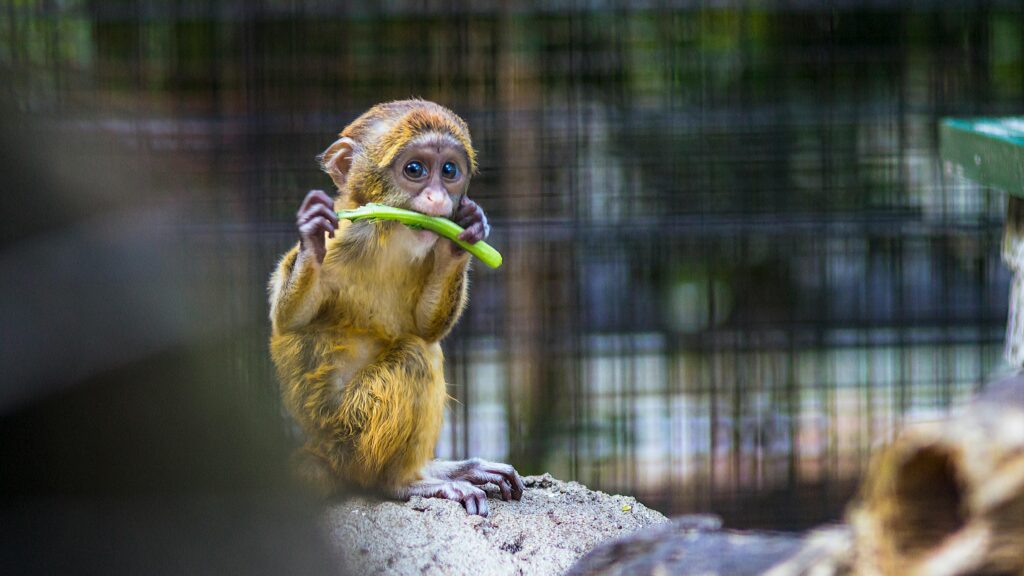
If Bill S-15 becomes law, Canada will face a new challenge: transforming principle into practice. Sanctuaries will need expansion, funding, and long-term planning to accommodate aging elephants and apes currently in captivity. Enforcement mechanisms must be established to prevent illegal breeding or importation. But beyond logistics lies an even deeper challenge ensuring that empathy remains a consistent legislative value rather than a political trend.
Advocates hope this momentum will extend protections to other species languishing in private collections and roadside zoos. The inclusion of a “Noah Clause,” allowing Parliament to expand the list of protected species without redrafting laws, remains a key demand from animal welfare organizations. Such flexibility would future-proof the legislation, allowing science to guide incremental progress rather than waiting for moral outrage to reignite political will.
The bill also invites reflection on humanity’s broader relationship with nature. For centuries, animals have served as mirrors to human identity their intelligence both fascinating and threatening to our sense of uniqueness. The decision to end their captivity suggests an evolution not just in policy but in collective consciousness. It implies that empathy can be an instrument of governance and that progress is measured not by how much we dominate, but by how much we understand.
Compassion as Law
Canada’s Bill S-15 is more than a policy about animals; it is a declaration about civilization itself. It acknowledges what science and conscience have long whispered that intelligence and emotion are not privileges of our species alone. The legislation stands as a continuation of a journey that began with the ban on whale and dolphin captivity and continues toward a world where ethics and ecology share the same vocabulary.
Should the House of Commons pass Bill S-15, Canada will become the first country in the world to legislate a complete phase-out of elephant captivity and sweeping restrictions on keeping great apes. More than that, it will reaffirm a moral identity: a nation that chooses compassion not because it is easy, but because it is right. And as other countries watch, perhaps the lesson they will take is that progress does not begin with power it begins with empathy.
The story of Bill S-15 is ultimately a story about humanity’s own evolution. We once captured what we did not understand; now, we set it free.
Loading...

